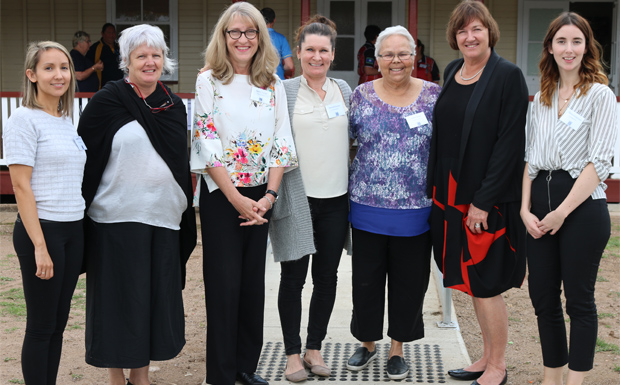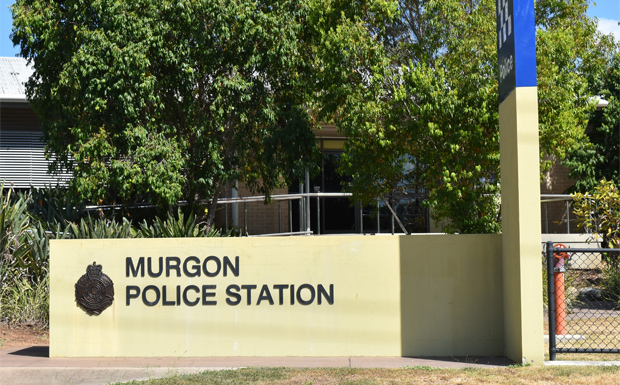
October 17, 2018
A series of workshops was held in Cherbourg recently to help raise awareness about Foetal Alcohol Spectrum Disorder (FASD) and how to help people with the condition.
Darling Downs Health, the Cherbourg Health Action Group and the University of Sydney collaborated in a program for professionals and community members.
Paediatrician Professor Elizabeth Elliott led the four-day program.
She said FASD was a problem throughout all Australia – not just in Indigenous communities.
“Up to 60 per cent of Australian women report drinking in pregnancy,” Prof Elliott said.
“FASD is a tragic consequence of this, with current statistics showing 2 to 5 per cent of the population have this condition.
“FASD results from a brain injury to the baby caused by the mother drinking alcohol during pregnancy, and is characterised by lifelong problems with learning, development and behaviour.
“Children with FASD often struggle at school, and adults with FASD may have difficulty obtaining employment and living independently, with some becoming involved with the justice system.
“FASD is potentially preventable if women are supported to avoid drinking alcohol when they are planning a pregnancy and during pregnancy.”
Professionals from a variety of disciplines including health, education, justice, child protection, and youth services participated in a four-day “Train the Trainer” program at Cherbourg.
Targeted workshops were held for frontline workers who frequently interact with children, youths and adults with FASD, providing the tools to recognise the condition, manage challenging behaviours and access further information and assistance.
Workshops were also held for community members, with separate sessions for Elders, men and women about the impacts of FASD and how to recognise and assist affected people.
“The adverse outcomes of FASD can be prevented or modified by early diagnosis and treatment,” Prof Elliott said.
“We have a long way to go before we eliminate alcohol use in pregnancy and FASD, but these workshops in Cherbourg are an important first step in raising awareness and equipping professionals and community members with the knowledge and skills they need to identify and manage FASD at home, at school and in the community.”
Darling Downs Health Cherbourg Health Service Manager Tarita Fisher said the workshops came about due to local demand for more information and action on FASD.
“In recent years there has been a lot of local interest in learning more about the prevention and management of FASD, which prompted me to get in touch with Prof Elizabeth and her team at University of Sydney,” Ms Fisher said.
“We organised these workshops to bring together local people and professionals from a range of agencies and disciplines to work collectively to address FASD issues in our community.
“Participants in the ‘Train the Trainer’ program will form a network of professionals who will come together to create a local FASD action plan, which we hope to implement in 2019.
“We are also working with Queensland University of Technology to evaluate the effectiveness of this initiative, from the training workshops held this week through to the implementation of the resulting FASD plan.
“There is a lack of awareness in the broader community about FASD prevention and management and a lack of paediatricians to offer information and support, particularly across the rural division.
“There is only one known paediatrician in Queensland who specialises in FASD diagnosis, resulting in a long waiting list for families who then need to travel long distances to appointments, and negative impacts on the health and well-being of a child affected by FASD and their families.
“We hope that by raising awareness of FASD, we can help to bring about positive changes addressing the many issues surrounding prevention, diagnosis and management of this condition.”
The Federal Government is currently developing a national 10-year strategy to address FASD with a focus on prevention, diagnosis, treatment, and support for families living with and professionals managing FASD.
- External link: More FASD information and resources























